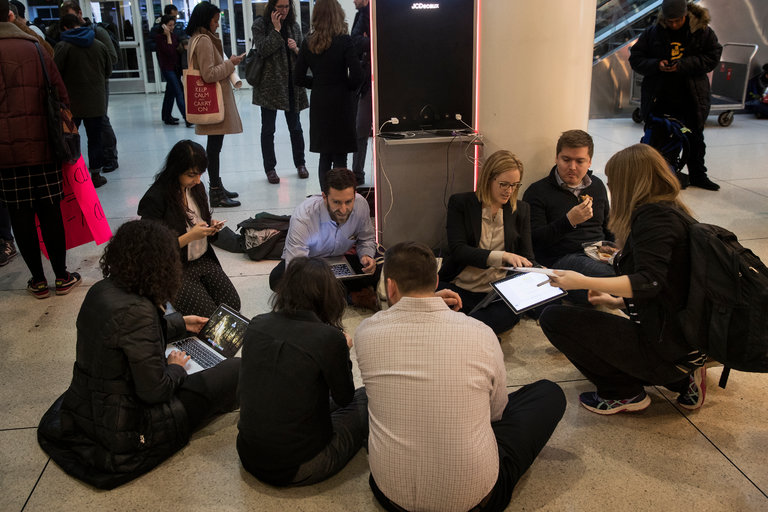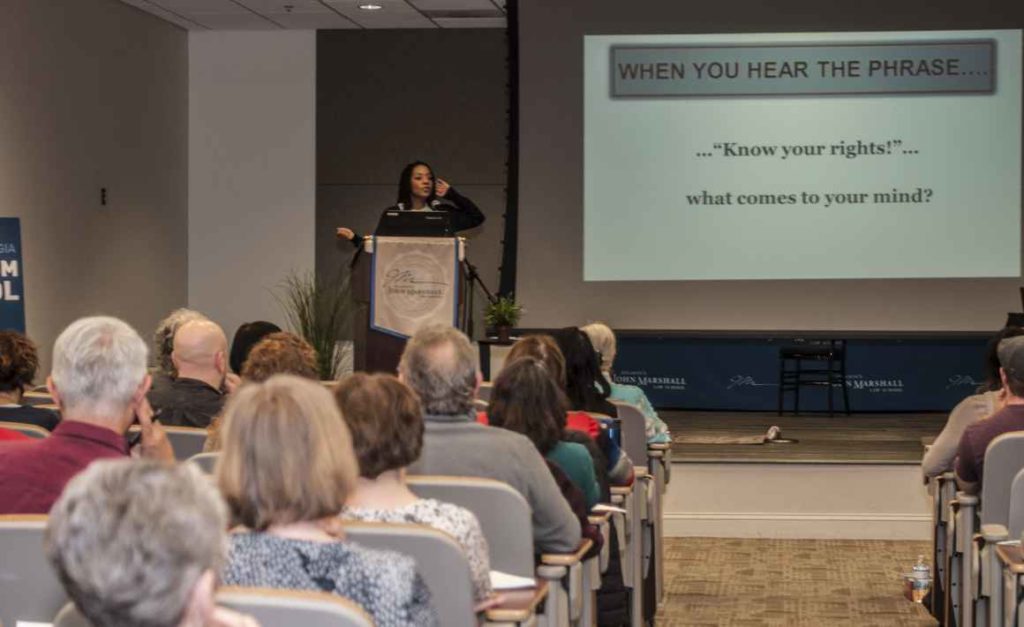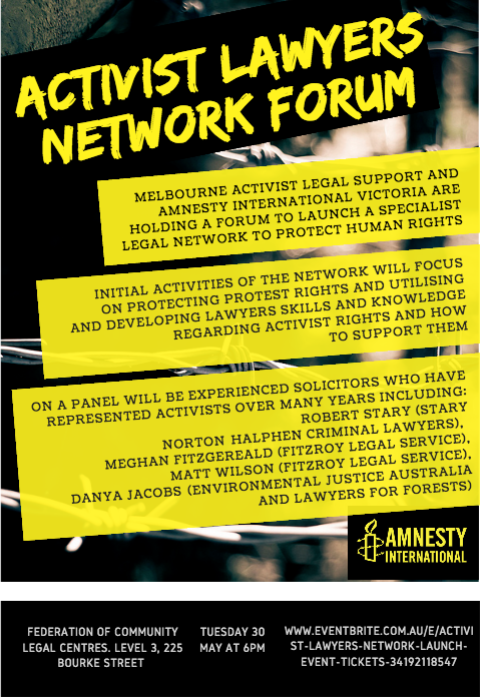Roles of the Activist Lawyers Network
Solicitors can play a vital role in protecting the civil, political and human rights of activists seeking positive change. They can help demystify the law and legal processes, provide concrete information and help activists make informed choices about protest action. Importantly, lawyers can reassure people engaged in civil disobedience by their presence, support and advocacy before, during and after a protest action.
Melbourne Activist Legal Support (MALS) and Amnesty International (AI) Victoria are launching a specialist Activist Lawyers Network who are willing to act pro-bono for progressive activists and activist groups.
The network’s core roles and functions will include:
Training and Advice for activist groups
MALS often receives requests for legal advice and legal briefings on topics such as police powers, protest rights and common charges to expect. Sometimes this is of a generic nature but often the legal advice needed is specific to a particular type of action or location. Often activist groups will want to know what the legal consequences of an action may be whilst they are at the planning stage. These legal briefings will generally be weeks or days before an action event or as part of a pre-arranged activist training session.

They could be an hour or two long and involve answering questions such as “what will happen to me if I am arrested?”
Legal Briefings at protests
Solicitors can also be called upon to provide a legal briefing at an actual protest or just before it starts. This is usually a much quicker briefing for people who are just about to engage in some sort of protest action. Usually at this point the action is already planned and people might require some up-to-date legal information about what charges they might expect or what police could do, such as their search powers in a particular area. It will be usually be outdoors and quick.
Legal Observer Teams
Solicitors can act as legal observers but you can be called as a witness so you would not be able to represent activists later. But being on the ground with a team of legal observers is a very valuable role. Solicitors can work with the Legal Observers to discuss police tactics, move-on or arrests, assist with police liaison on behalf of the Legal Observer Team or people who have been arrested.
On-call Legal advice
For large actions we sometime run a mobile phone legal advice line that activists can call if they have a legal question or if they are arrested. It would involve lawyers being On-Call and being prepared to provide specific phone advice to people who may be in or just released from police custody. It may involve advising people about their rights in custody, to silence, fingerprints and searches as well as bail and bail conditions. It could involve being on an on-call roster with other solicitors.
In custody support

Solicitors can also be valuable protests involving mass arrests, to provide on-site legal advice to activists in police custody. This can involve going to the police station, requesting access to those in custody and providing initial legal advice in person. It can also involve advocacy around their treatment in custody, onerous bail conditions or release times. The presence of solicitors at police stations can be a strong protection against mistreatment.
Assisting with complaints about police
Activists often need assistance in making formal complaints about police misconduct. This can involve taking statements, collecting evidence including CCTV footage and assisting the activist lodge the complaint with police, IBAC or Victorian Equal Opportunity & Human Rights Commission. Complaints about police use of force can be important to challenge police human rights abuses and help maintain civil and political rights. Torts can arise and referrals to law firms or the Police Accountability Project are important.

Representation in court
Lawyers who can take on activists as clients can assist them prepare for court, advise around pleas and possible defenses and provide actual representation in court. Sometimes activists will face charges in a group at the same court and test cases can be arranged. Solicitors need to be prepared for some activists not to plead guilty but instead seek to use their court appearance to further advance the campaign. Activists may want to attempt creative defenses or legal arguments and many will want to speak for themselves in court and to media before and after.
Increasingly, activists are seeing the court appearance as part of the campaign and lawyers can help devise effective court strategies to do this.
Advocacy & Law Reform
From time to time MALS provides submissions, organises forums or advocacy campaigns against particular anti-protest laws or repressive police powers. We may do this in concert or alone but the assistance of solicitors is invaluable in developing and drafting powerful submissions for the protection of civil and political rights.
Requirements
Lawyers will need to have an up-to date practicing certificate for the State of Victoria and will need to be covered by the Professional Indemnity Insurance through their current employer or practice.